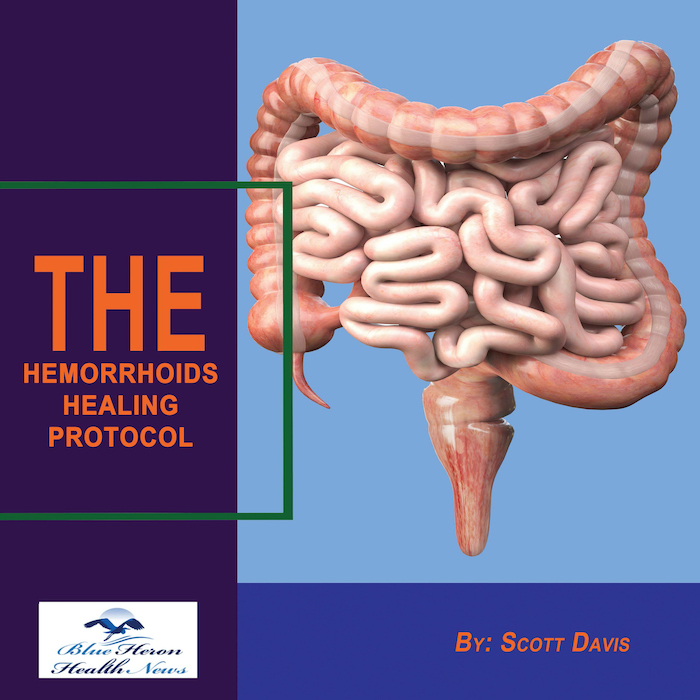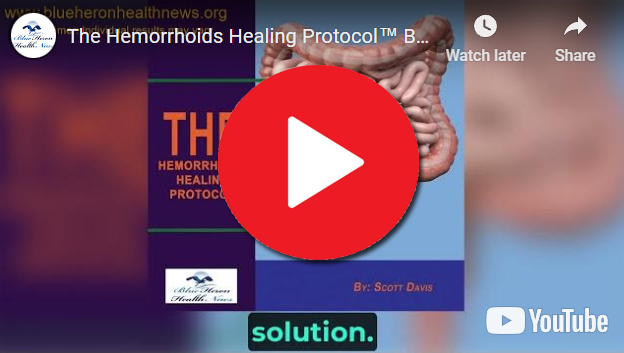
The Hemorrhoids Healing Protocol™ By Scott Davis Hemorrhoid healing protocol is a three-week online program that helps in treating and reducing hemorrhoids. It teaches gentle recipes and movements, natural and effective remedies that help in treating hemorrhoids.This program is not like the usual prescription medicines, it is a hell of a lot more than just those drugs. It focuses more on elevating the two main not so good habits that are connected to the Hemorrhoids. Overall the sole motive of this program is to remove the problem from its root instead of just treating the symptoms.
How can pain relievers help manage hemorrhoid discomfort?
Pain relievers can be an effective part of managing hemorrhoid discomfort, helping to alleviate the pain, inflammation, and irritation associated with the condition. Hemorrhoids can cause symptoms like itching, swelling, pain, and bleeding, and pain relievers can provide temporary relief from these discomforts. Here’s how different types of pain relievers can help:
1. Nonsteroidal Anti-Inflammatory Drugs (NSAIDs)
- NSAIDs like ibuprofen (Advil, Motrin) and naproxen (Aleve) are commonly used to manage pain and inflammation associated with hemorrhoids. These medications help in the following ways:
- Pain Relief: NSAIDs reduce pain by blocking the production of prostaglandins, which are chemicals in the body that cause pain and inflammation. This can help ease discomfort from hemorrhoids, especially when the hemorrhoids are swollen or irritated.
- Reduction of Inflammation: These medications also reduce inflammation, helping to decrease the swelling of hemorrhoids and alleviate associated pain.
- Improved Comfort: By addressing both pain and inflammation, NSAIDs can help improve comfort during activities such as sitting or moving around.
- Precautions: NSAIDs should be used cautiously in individuals with certain conditions, such as gastrointestinal ulcers, kidney problems, or heart disease, as they can cause side effects in these populations. They should also be used in moderation to avoid potential side effects like stomach irritation or bleeding.
2. Acetaminophen (Tylenol)
- Acetaminophen is another common pain reliever that can be used to manage hemorrhoid pain, especially for those who may not be able to take NSAIDs.
- Pain Relief: Acetaminophen works by blocking pain signals in the brain, helping to reduce the sensation of pain. While it does not have anti-inflammatory properties like NSAIDs, it can still be effective for mild to moderate hemorrhoid pain.
- Gentler on the Stomach: Acetaminophen is generally gentler on the stomach than NSAIDs and is a safer option for people with gastrointestinal issues or those who are at risk for ulcers or bleeding.
- Precautions: While acetaminophen is generally considered safe when taken as directed, it can cause liver damage if taken in excessive amounts. It’s important to follow dosage guidelines and avoid taking it with alcohol or other medications that may also affect the liver.
3. Topical Pain Relievers (Over-the-Counter Creams, Ointments, or Suppositories)
- For localized pain from hemorrhoids, topical pain relievers can be directly applied to the affected area for targeted relief. These products may contain:
- Hydrocortisone: A mild corticosteroid that reduces inflammation and provides temporary pain relief from hemorrhoidal irritation.
- Witch Hazel: A natural astringent that can help soothe irritation and reduce swelling.
- Lidocaine or Pramoxine: Local anesthetics that numb the area and reduce pain and itching associated with hemorrhoids.
- Zinc Oxide or Calamine: These ingredients can provide a soothing effect and protect the skin from further irritation.
- Benefits: Topical treatments are convenient and can provide immediate relief for itching, swelling, and pain, especially for external hemorrhoids. They also help moisturize the skin around the anal area, preventing additional irritation from friction.
- Precautions: When using topical treatments, it’s important not to apply them excessively or for prolonged periods, as overuse of corticosteroids (e.g., hydrocortisone) can lead to skin thinning and other side effects. Always follow the instructions on the product label.
4. Oral Corticosteroids (Prescription Medications)
- In some cases, a healthcare provider may prescribe oral corticosteroids (e.g., prednisone) for individuals with severe inflammation or pain due to hemorrhoids. These medications work by:
- Reducing inflammation: Oral corticosteroids reduce swelling and inflammation, which can provide relief from severe hemorrhoid symptoms.
- Managing Pain: By reducing the underlying inflammation, corticosteroids can help ease the associated pain.
- Precautions: Oral corticosteroids are typically prescribed for short-term use because they can have significant side effects, such as weight gain, increased blood sugar, and weakened immune function when used long-term. They are usually reserved for cases where other treatments have not been effective.
5. Cold or Warm Compresses for Symptomatic Relief
- While not a pain reliever in the traditional sense, cold compresses or warm baths (sitz baths) can complement pain relievers by reducing inflammation and promoting comfort. A cold compress can numb the area and reduce swelling, while a warm sitz bath can soothe the area and help with muscle relaxation and circulation, aiding in pain management.
6. Other Pain Relief Options
- Non-aspirin Pain Relief: Some individuals may prefer to use non-aspirin pain relief alternatives to manage hemorrhoid pain without the risk of stomach irritation. These alternatives may include topical analgesics that do not contain NSAIDs or acetaminophen.
- Pain Relief Suppositories: In cases of internal hemorrhoids, pain-relieving suppositories can be inserted directly into the rectum, providing localized relief from pain, irritation, and swelling.
Conclusion:
Pain relievers play an essential role in managing hemorrhoid discomfort by reducing pain, swelling, and inflammation. NSAIDs and acetaminophen can relieve pain, while topical treatments such as hydrocortisone and lidocaine provide targeted relief. For individuals with severe symptoms, corticosteroids or prescription medications may be necessary. It’s important to use these medications appropriately and under the guidance of a healthcare provider to avoid potential side effects, especially in individuals with comorbid conditions. Alongside pain relievers, other treatments such as cold compresses or sitz baths can further improve comfort and promote healing.
The Hemorrhoids Healing Protocol™ By Scott Davis Hemorrhoid healing protocol is a three-week online program that helps in treating and reducing hemorrhoids. It teaches gentle recipes and movements, natural and effective remedies that help in treating hemorrhoids.This program is not like the usual prescription medicines, it is a hell of a lot more than just those drugs. It focuses more on elevating the two main not so good habits that are connected to the Hemorrhoids. Overall the sole motive of this program is to remove the problem from its root instead of just treating the symptoms.
